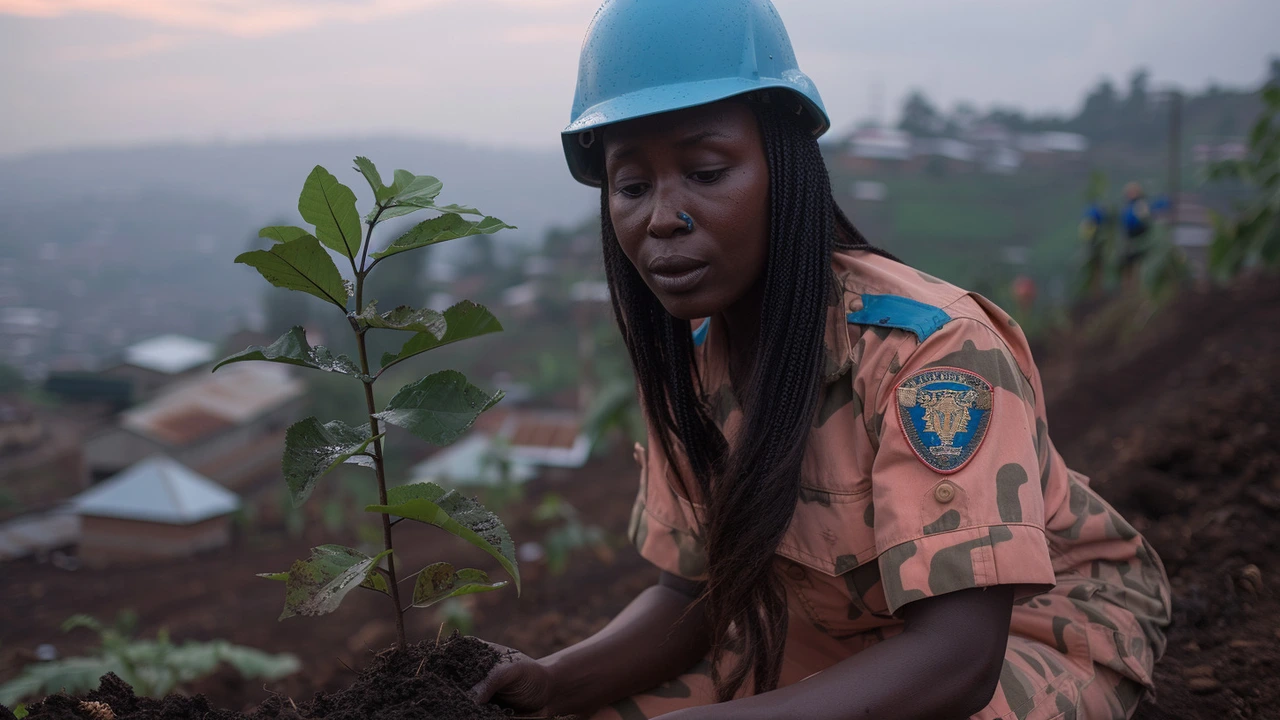Ever wondered how peacekeeping turns fragile states into functioning ones? It’s more than blue helmets and patrols. Empowering nations means creating space for people and local leaders to rebuild safety, services, and trust. On this tag page you’ll find concrete examples and clear steps peacekeepers and communities use to move from crisis to recovery.
First up: security. When violence drops, schools reopen and markets work again. Peacekeeping forces protect civilians, deter armed groups, and secure key sites so everyday life can return. That immediate safety buys time for local institutions to step in and plan for longer-term change.
Next: institution-building. Peacekeeping missions often train local police, support fair courts, and help organize elections. Those efforts don’t create perfect systems overnight, but they give local leaders tools to manage conflicts peacefully and enforce the rule of law without relying on outsiders forever.
Then there’s reconstruction. Peacekeeping teams work with partners to repair roads, rebuild clinics, clear mines, and revive basic services. Jobs tied to rebuilding help families recover income and reduce the appeal of armed groups. Small projects can have big ripple effects for local confidence and economic stability.
Real empowerment happens when communities lead. Peacekeeping that listens to women, youth, and local groups builds solutions that last. Programs that train local mediators or support community councils hand power back to the people who know the problems best.
Technology and data also matter. Mapping conflict hotspots, tracking humanitarian needs, and using mobile surveys lets teams target help faster. Better information means fewer wasted resources and clearer measures of progress—so donors and locals see what works and what doesn’t.
Reality check: peacekeeping can’t fix politics. Mandates are short, funding is tight, and local elites sometimes resist change. Expect gradual gains, not instant miracles. The missions that succeed focus on clear goals, partner with local actors, and plan for handing responsibility back to national institutions.
Want to follow these stories? Read the posts tagged under "Empowering Nations" to see real examples, from training police to rebuilding schools. If you care about change on the ground, support local groups, share verified stories, or push for accountable funding. Small actions add up when nations move from crisis to steady progress.

As a passionate advocate for peacekeeping, I find its transformative power truly inspiring. This piece talks about how peacekeeping missions play a crucial role in changing lives and reshaping nations. Through my lens, you will learn about the potency of peacekeeping in fostering unity, security, and prosperity globally. Also, we'll dive into the power of this global movement, one that brings hope to the distressed and stability to the unstable. I truly believe it's a cause well worth investing time and thoughts in.
